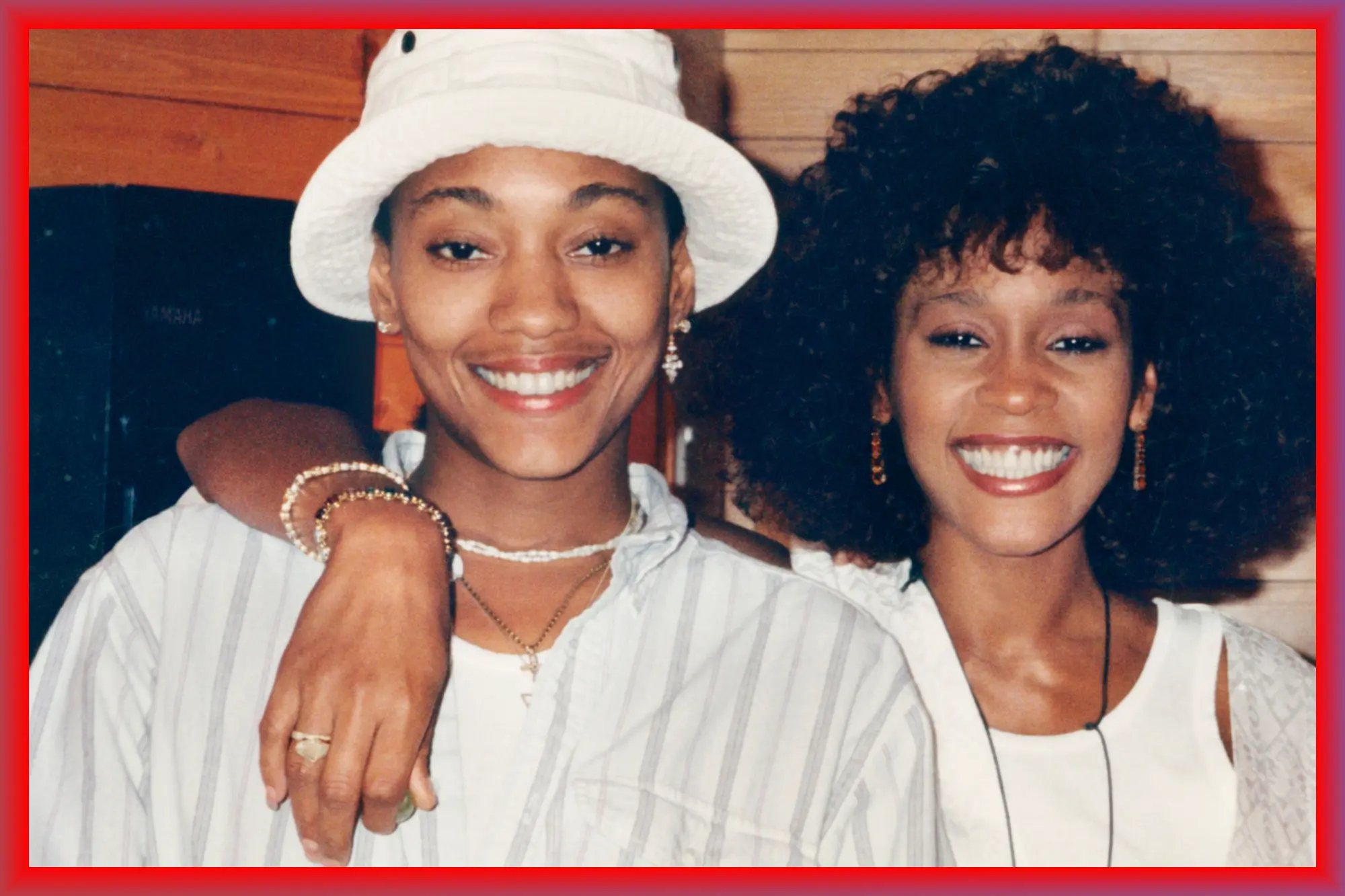The journey of the black African lesbian is a tale of resilience, love, and the ongoing fight for acceptance. South Africa, known as the “Rainbow Nation”, offers a unique perspective on this journey. Let’s delve into the heart of this narrative.
African national processes for the decriminalization of same-sex sexuality:

South Africa: A Beacon of Hope:
South Africa stands as a beacon of hope for many in the LGBTQ+ community. In 1996, the nation took a groundbreaking step by introducing a new constitution that explicitly prohibited discrimination based on sexual orientation. A decade later, in 2006, it became the first African country to legalize same-sex marriage. These progressive moves have placed South Africa at the forefront of LGBTQ+ rights, not just in Africa, but globally.
In Africa, for same-sex sexuality-friendly countries:
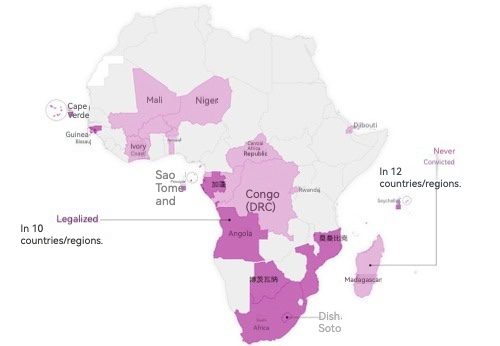
The Dichotomy of Acceptance:
However, the journey isn’t all rosy. Despite the legal strides, many South Africans still view homosexuality as a sin. The deeply entrenched homophobic culture results in exclusion, isolation, and oppression of the black African lesbian community. Acts of violence, such as “corrective rape”, are alarmingly prevalent, highlighting the stark contrast between legal acceptance and societal attitudes.
In Africa in 1914, the colonies were controlled by these countries:
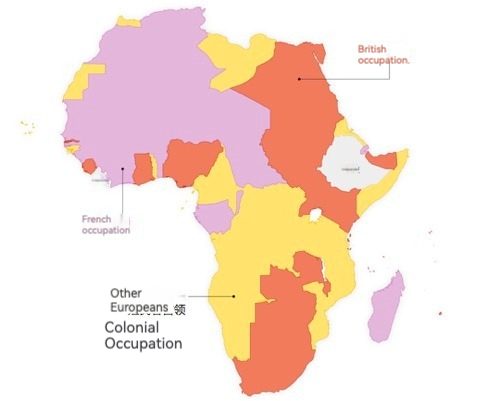
Historical Alliances:
The success of the LGBTQ+ movement in South Africa, despite widespread misunderstanding and discrimination, can be attributed to the nation’s historical fight against apartheid. Activists cleverly paralleled homophobia with racism, intertwining gender issues with racial liberation. This strategic alliance between racial and sexual minorities has led to significant systemic achievements.
Zanele Muholi: Capturing the Essence:
Born in 1972 in Umlazi, a town southwest of Durban, Zanele Muholi is a name synonymous with the black African lesbian narrative. Before her photography journey, Muholi worked in factories and as a hairstylist. However, the plight of black lesbians caught her attention, prompting her to document hate crimes against them. Her work, which portrays the marginalized and discriminated LGBTI community in South Africa, has garnered international acclaim.
In Africa, same-sex sexual behavior may be punished as follows:
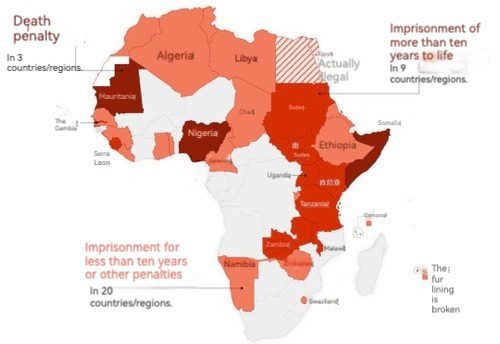
Challenging Stereotypes:
Muholi’s series, “Hail the Dark Lioness”, comprises 365 self-portraits, capturing her identity as a queer Zulu woman. Through stark black and white contrasts, she emphasizes her dark skin, using everyday items to craft unique headgear reminiscent of intricate African hairstyles. Another series, “Brave Beauties”, focuses on transgender individuals participating in beauty pageants, powerfully expressing their femininity.
Faces and Phases:
In her lifelong project “Faces and Phases”, Muholi has created captivating portraits of black African lesbians and transgender individuals, challenging societal assumptions about their appearance. These images aim to dispel the stigma, violence, and negativity surrounding them. Muholi’s work raises poignant questions about lesbian aesthetics, gender expression, and the very essence of identity.
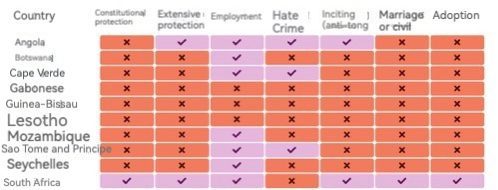
Note: Broad protection includes legal protection against discrimination in three of the four categories.
The Societal Challenge:
Despite the legal progress, societal acceptance remains a challenge. Surveys indicate that a significant majority of South Africans still view consensual same-sex relationships as wrong. This homophobia stems from binary gender norms and heteronormative values. In a country with strong patriarchal roots, any deviation from traditional gender roles is seen as a threat, leading to increased gender-based and homophobic violence against black African lesbians.
The narrative of the black African lesbian, particularly in South Africa, is a testament to strength, love, and resilience. As we move forward, it’s crucial to remember and honor these stories, ensuring a brighter, more inclusive future for all.
